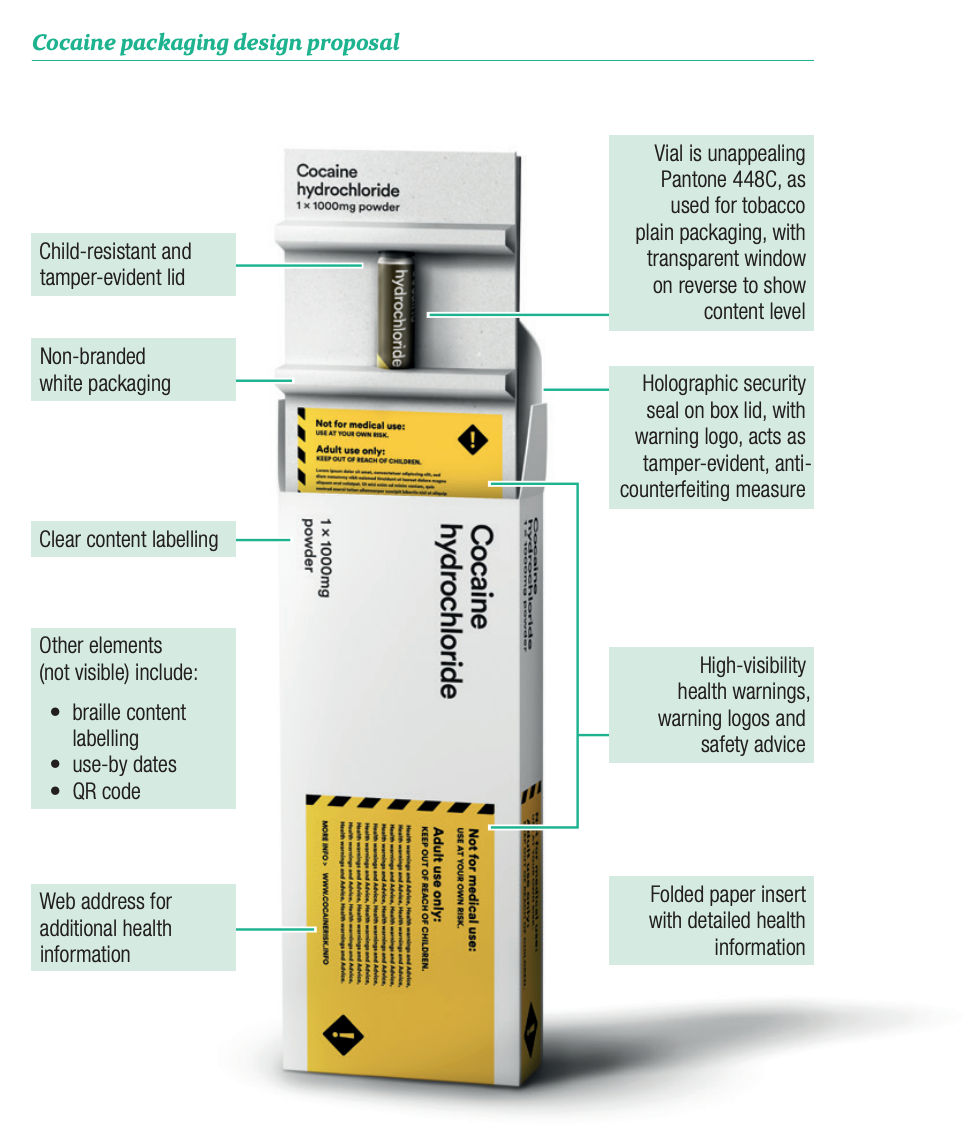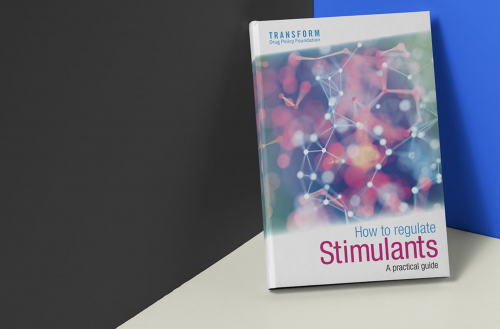5th March 2021
How to regulate stimulants: a practical guide - Foreword
Rt Hon Helen Clark is former Prime Minister of New Zealand, Chair of the Global Commission on Drug Policy, co-chair of WHO panel reviewing its handling of the Covid crisis, and former Administrator of the United Nations Development Programme.

The debate on drugs can often be heated and polarising; yet, on one point at least, there is a growing consensus: the ‘war on drugs’ has failed. Global prohibition has not only failed to deter increasing use, it has resulted in more risky behaviours, more dangerous products and more devastating health harms. Far from creating a ‘drug free world’, prohibition has instead created a vast illegal market ruled by violence, corruption and insecurity.
The heaviest burden of this policy failure adds to the already difficult conditions of the poorest and most marginalised communities, particularly in impoverished neighbourhoods and rural areas where illegal drug production and trafficking tends to concentrate.
We are already witnessing steady progress in drug policy and law reform in many parts of the world — but there is a great distance yet to travel. Harm reduction, decriminalisation and evidence-based treatment have made great strides in recent decades, but too many of the harms being addressed are caused by prohibition in the first instance.
The Global Commission on Drug Policy to which I belong, has been clear since its formation in 2011 that the status quo is untenable and reform is urgently needed. The world must move away from the failings of this ideologically-driven and criminalisation-led model and reorient decisively towards evidence-based policies rooted in the core values of public health, human rights, economic empowerment, quality education, social justice, and sustainable development.
As a first step, we must end the criminalisation of people who use drugs. Decriminalisation is happening in ever more countries across the world — and was unambiguously endorsed by 30 United Nations entities in their 2019 UN Common Position on Drugs agreed at the Secretary-General’s Chief Executives Board. Yet, while decriminalisation is a critical enabler of any meaningful health and decarceration response, it has little impact on illegal drug markets.

Punitive enforcement of unjust laws is ineffective and antithetical to social justice. We must ground our thinking in the reality that drug use is already widespread in society. Whether we like it or not, drug use is a reality which must be responsibly managed. We cannot wish away drugs — but we can make them and their modes of use safer. That, in turn, requires accepting that legally regulating adult-access markets for currently illegal drugs is the only way in which to mitigate the harms caused by the illegal market. We do not get to choose whether we live in a society with drugs or without them, but we do have a choice over whether and how the market is controlled.
As consensus grows that the ‘war on drugs’ has failed, so does the need for a frank exploration of the alternatives. We all have a responsibility to consider what might replace the status quo, and we need to think about how that applies to all drugs. A meaningful exploration of the regulation of stimulant drugs is a key part of that process.

Legalisation and regulation, particularly of drugs other than cannabis, however, remain challenging for many people. That is understandable. There are legitimate concerns, and difficult but important questions about the practicalities of regulation that need to be answered. That is precisely why we must address them head on, and why I am pleased to welcome this valuable new contribution from Transform Drug Policy Foundation. In this book, Transform outlines a set of clear working principles, and makes pragmatic proposals for the responsible regulation of a group of drugs, stimulants, which have too often been pushed to the margins of the policy debate despite their growing use and the continuing social and health challenges with which they are associated.
I share Transform’s view that there is no single regulatory solution — different approaches will be appropriate for different places, and different drugs depending on their risks. Transform does not claim that regulation is a silver bullet, but only that, if done responsibly, regulation can facilitate the dramatic improvement of the health and wellbeing of people who use drugs and of the wider community.
This book is an important and welcome contribution. It does not contain all the answers: no single publication ever could. It raises, however, many of the most important questions and points to a framework through which solutions may be found. It is essential that we begin a serious discussion on how we regulate stimulants. This book provides a powerful start. It is now up to all of us to take this discussion forward.
This is the Foreword to our recent book How to regulate stimulants: a practical guide. You can download the full book for free here or purchase a hard copy from our shop.




